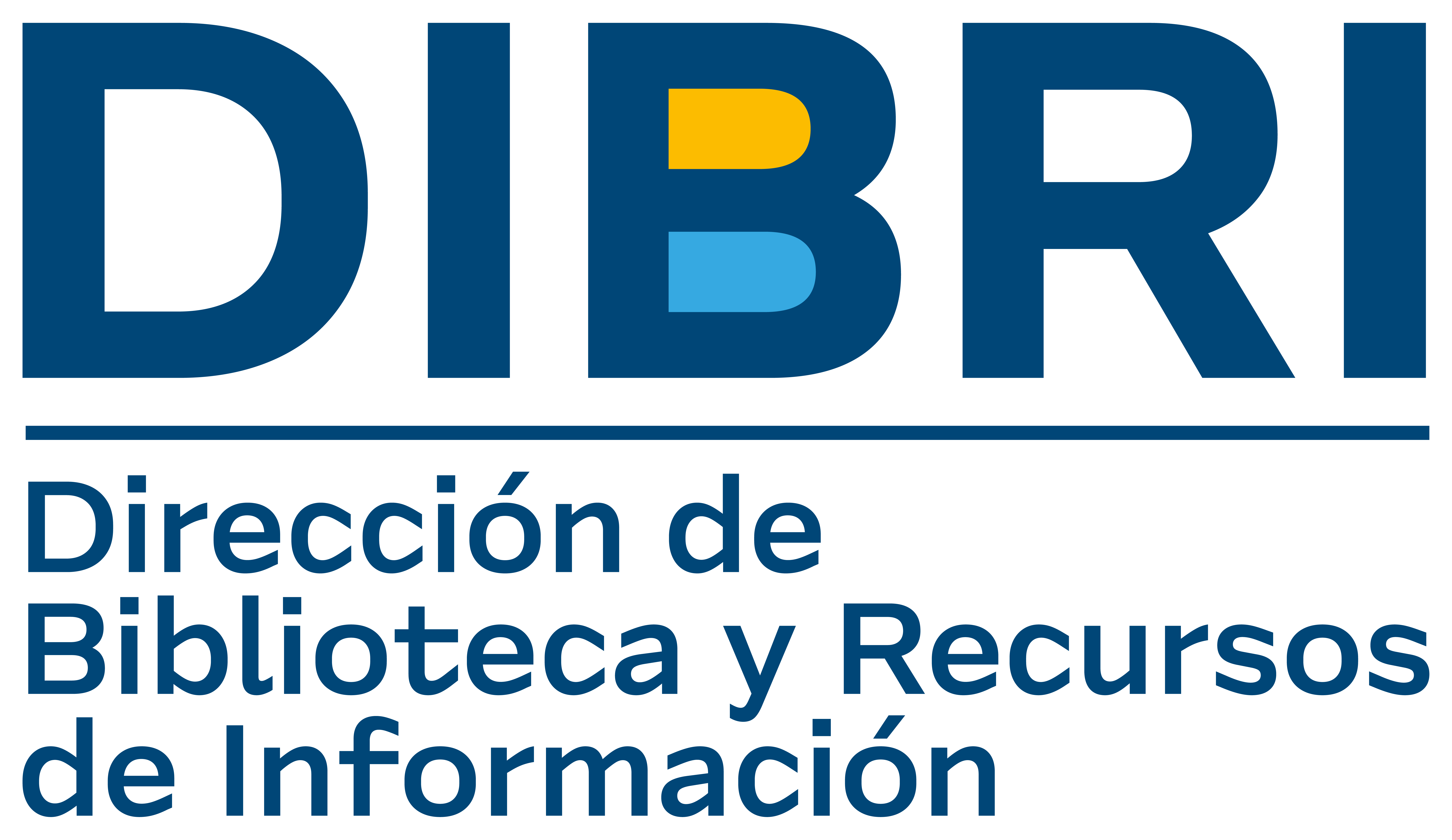Mostrar el registro sencillo del ítem
Teaching values in the school classroom using Edgar Allan Poe's "The black cat"
| dc.contributor | Universidad Católica Silva Henríquez. Facultad de Educación y Humanidades | |
| dc.contributor | Bustamante Valenzuela, María de los Ángeles | |
| dc.contributor | Henríquez Lira, Betsabé Mara | |
| dc.contributor | Moreno Carrasco, Manuel Alejandro | |
| dc.contributor | Parra Zúñiga, Felipe Andrés | |
| dc.contributor | San Martín Oyarzún, Christian Ricardo | |
| dc.contributor.advisor | Garetto Loyola, Fernando [prof. guía] | |
| dc.creator | Arredondo Fredes, Natalia Paz | |
| dc.date.accessioned | 2021-10-12T15:03:45Z | |
| dc.date.accessioned | 2022-03-30T13:56:56Z | |
| dc.date.available | 2021-10-12T15:03:45Z | |
| dc.date.available | 2022-03-30T13:56:56Z | |
| dc.date.issued | 2011 | |
| dc.identifier | 106054 | |
| dc.identifier.other | INGL G 229 2011 c.1 | |
| dc.identifier.other | CENTRAL | |
| dc.identifier.uri | http://repositorio.ucsh.cl/xmlui/handle/ucsh/2008 | |
| dc.description | Seminario de título (Licenciado en Educación. Profesor de Enseñanza Media en Inglés) -- Universidad Católica Silva Henríquez, 2011 | |
| dc.description.abstract | It has been observed that the classes of English in the schools attended by the participants in this seminar were frequently and basically related to the teaching of some contextualized grammatical structures, including basic oral practice with a limited participation of all the students. Occasionally, the classes included the revision of some cultural material related to one or two of the most referred to English-speaking countries, namely England and the United States. Most of the time, these three elements are revised as the consequence of using the textbooks supplied or suggested by the Chilean Ministry of Education. Additionally, it has been usually argued by teachers of English that the little time, the number of students per class, the students‘ motivation and the usual preference that high school students show for other subjects, such as Spanish and Mathematics –mainly motivated by their interest in the preparation for the University Standardized Entrance Test or ―Prueba de Selección Universitaria‖, PSU- do not allow a more profound dedication to the teaching of all English abilities as one would expect. It is in this context that the teaching of literary pieces, whether poetry, drama or prose, represents a usually disregarded aspect in the conventional English class. And when it does have a chance to be included in a plan, it is typically seen in a rather superficial manner, where the piece of literature is usually abridged or simply partially studied (i.e., the teacher chooses a stanza, a scene, a chapter or an act to be analyzed by the students). Furthermore, the emphasis in the teaching of the piece of literature being studied is usually placed on the structural analysis and on general comprehension questions and exercises. This is what is described as the Story Grammar Approach (Amer, Ally Anwar, 2003, p. 63), in which ―…The reader interacts with the text and relates ideas from the text to prior experiences to construct meaning. A part of this process requires the reader understands how the author has organized his ideas, i.e. the text structure. ‗Text structure‘ is a term used to describe the various patterns of how concepts within text are related‖. On the other hand, there is a rather new system to get the reader more ―involved‖ in the piece of literature in front of him: the Reader Response Approach (Carlisle, 2000, p.12). What is intended with this approach is to change the perspective of the usual reading and instead of asking typical questions such as ―What is the theme of the story?‖ It would be better to ask about the feelings of the reader when reading a specific section or line of the story. By doing this, there should be a closer relationship between the story and the reader and, probably, some learning might arise from the story. However, neither of these approaches stimulates the use of highschool ESL literature to promote the teaching of values to the students. Although the Reader-Response theory is closer to what this seminar group will propose, it seems interesting to make an attempt to provide the students with a chance to analyze a piece of literature from a deeper point of view, i.e. the study of values and anti-values as a way to help the reader gain not only in the academic aspect but also in his or her growth as a person. In this context, it becomes necessary that the programs and plans of the Chilean educational system, include the appropriate awareness and appreciation of literature as a resource to achieve the ―Transversal Fundamental Objectives” (TFO‘s) proposed by the Ministry of Education; this means that, according to the opinion of the group, it is essential to make an effective and ample use of literary pieces to teach values in the classrooms. The thesis below is an attempt to prove the real effectiveness of using a literary work, to accomplish the values that should be acquired by the students. | |
| dc.format.extent | 110 h. | |
| dc.language.iso | eng | |
| dc.publisher | Santiago, Chile: UCSH | |
| dc.rights | Atribución-NoComercial-SinDerivadas 4.0 Internacional (CC BY-NC-ND 4.0) | |
| dc.rights.uri | https://creativecommons.org/licenses/by-nc-nd/4.0/deed.es | |
| dc.subject | Educación en valores | |
| dc.subject | Literatura estadounidense | |
| dc.subject | Métodos de aprendizaje | |
| dc.title | Teaching values in the school classroom using Edgar Allan Poe's "The black cat" | |
| dc.type | Seminario de título | |
| dc.file.name | 106054.pdf |



